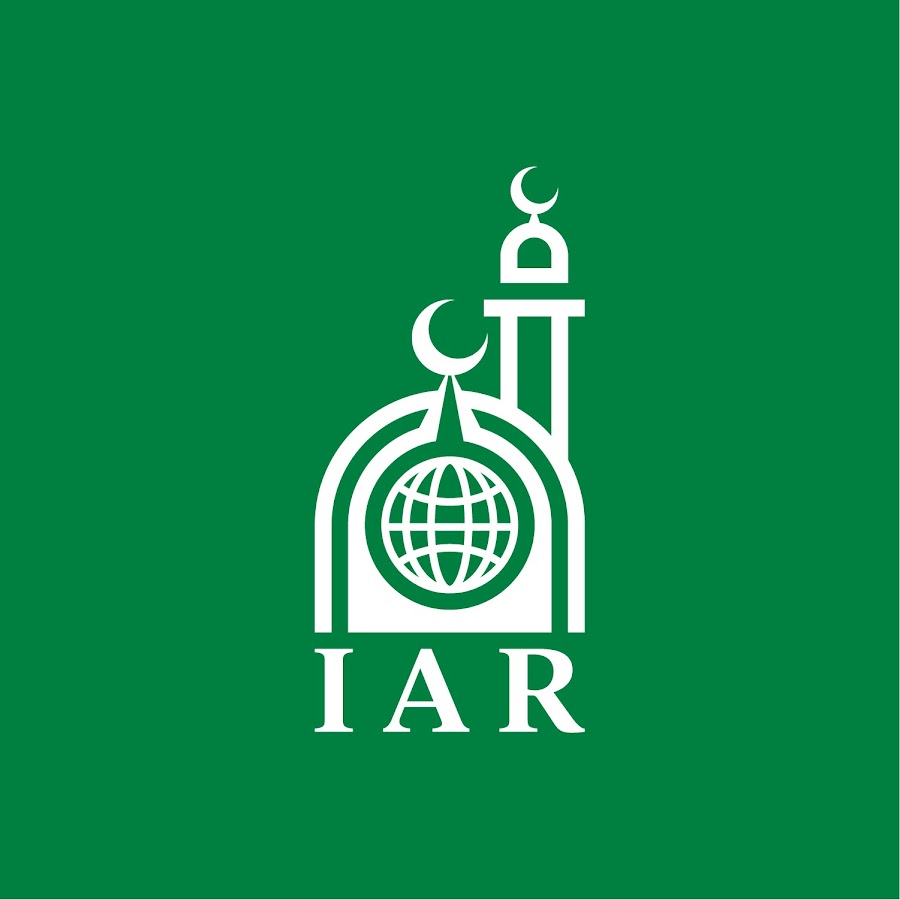Ramadan: The month of fasting
Ramadan, the holiest month in Islam, holds profound significance for Muslims worldwide. It is a time of spiritual reflection, self-discipline, and heightened devotion. Understanding Ramadan entails delving into its historical, cultural, and religious dimensions, as well as appreciating its universal messages of empathy, compassion, and community. This essay aims to elucidate the essence of Ramadan, its rituals, and its broader significance, fostering greater understanding and appreciation for this sacred observance.
The Significance of Ramadan:
Ramadan, the ninth month of the Islamic lunar calendar, marks the period during which the Quran, the holy book of Islam, was revealed to Prophet Muhammad (peace be upon him). It is a time of introspection and spiritual renewal, during which Muslims strive for self-purification, seeking closeness to Allah (God) through acts of worship, charity, and reflection.
Fasting: The Pillar of Ramadan:
At the heart of Ramadan lies the practice of fasting, or “sawm” in Arabic, one of the Five Pillars of Islam. From dawn until sunset, Muslims abstain from food, drink, smoking, and other physical needs, exercising self-discipline and cultivating empathy for those less fortunate. Fasting serves as a means of spiritual detoxification, purifying the soul and strengthening one’s connection to Allah.
Prayer and Reflection:
In addition to fasting, Ramadan is a time of increased prayer and reflection. Muslims engage in extra prayers, including the Taraweeh prayers performed each night throughout the month. These prayers offer an opportunity for spiritual rejuvenation, communal worship, and the recitation of the Quran, fostering a deep sense of spiritual connection and mindfulness.
Charity and Generosity:
Ramadan embodies the principles of generosity and compassion. Muslims are encouraged to engage in acts of charity, known as “zakat” and “sadaqah,” to support those in need and foster social solidarity. From feeding the hungry to assisting the marginalized, Ramadan inspires acts of kindness and generosity, reflecting the spirit of community and empathy that defines Islam.
Community and Solidarity:
Ramadan is a time of heightened community engagement and solidarity. Muslims gather with family, friends, and neighbors to break their fast together during the evening meal known as “Iftar.” These communal gatherings foster bonds of friendship, unity, and hospitality, transcending cultural and social barriers. Ramadan underscores the importance of compassion, empathy, and mutual support within the global Muslim community and beyond.
The Night of Power: Laylat al-Qadr:
Central to the spiritual significance of Ramadan is Laylat al-Qadr, or the Night of Power, believed to occur during one of the last ten nights of the month. It commemorates the night when the Quran was first revealed to Prophet Muhammad (peace be upon him) and is considered the holiest night of the year. Muslims engage in intense prayer, supplication, and reflection, seeking divine blessings and forgiveness.
Ramadan stands as a sacred journey of faith, reflection, and community for Muslims worldwide. It is a time of spiritual renewal, self-discipline, and devotion, embodying the core principles of Islam. Through fasting, prayer, charity, and community engagement, Muslims seek to deepen their connection to Allah and embody the values of compassion, empathy, and solidarity. By understanding the significance of Ramadan, we gain insight into the rich tapestry of Islamic tradition and the universal messages of faith and humanity it espouses. As we celebrate the diversity of religious observances, let us embrace the spirit of Ramadan and its timeless message of peace, compassion, and unity for all humankind.



